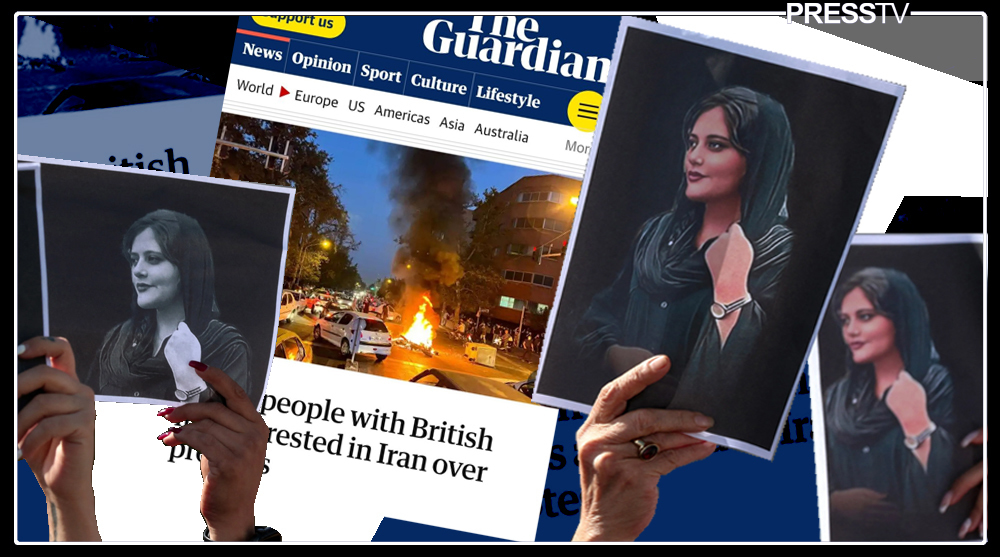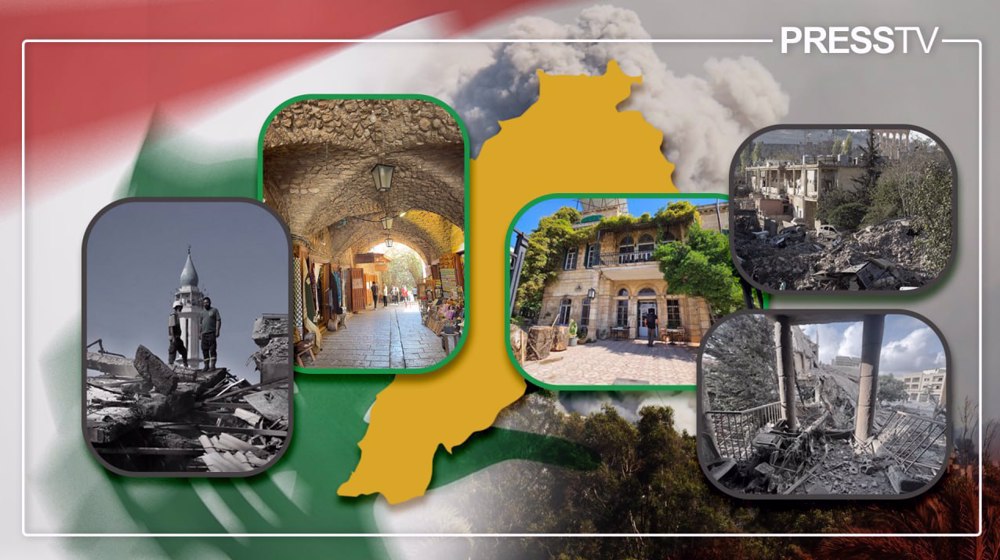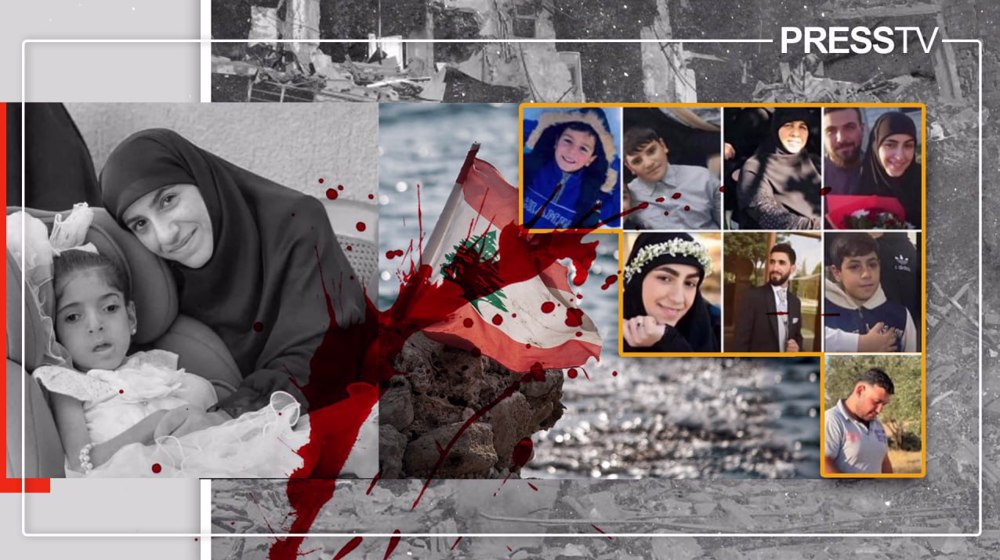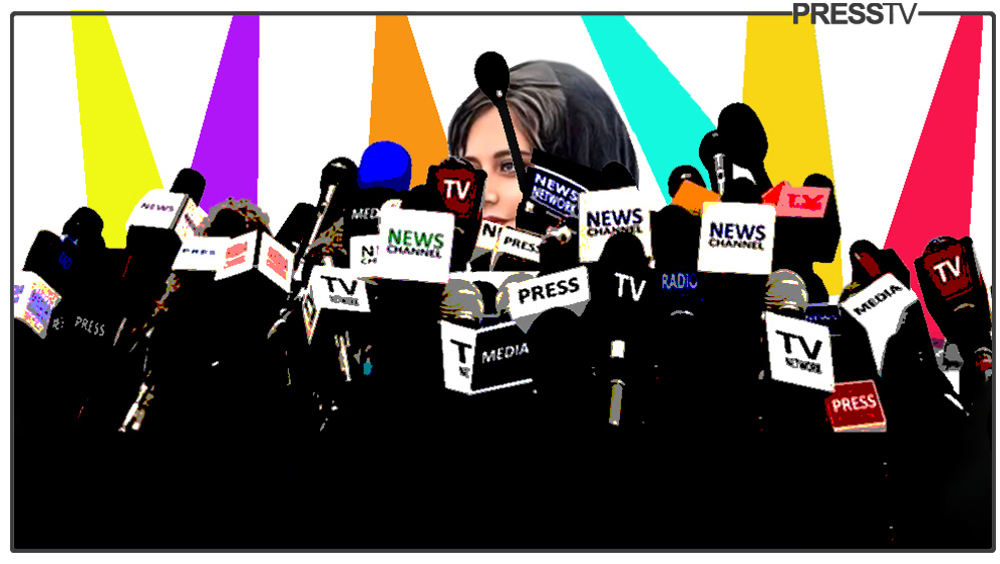Gross distortion of facts on Mahsa Amini's death in Western media
By Damian Lenard
In his recent article Seven people with British links arrested in Iran over protests, freelance journalist for The Guardian, Nadeem Badshah, relates to the audience an interesting and all-too-familiar Western media version of the death of Mahsa Amini in Iran.
It is educational to dissect the article because it is representative of the propagandistic way in which foreign media have covered the tragic event for the past few months:
The 22-year-old Kurdish Iranian had been arrested for wearing “inappropriate attire” under Iran’s Islamic dress code for women.
Witnesses said Amini was beaten while inside a police van when she was picked up in Tehran. Police have denied the allegations, saying she “suddenly suffered a heart problem”.
I would refer to these short paragraphs as contextual snippets, repeated ad nauseam in media reports to drill propaganda points into the unprepared minds of the audience (yes, and we claim to abhor the widely misquoted "If you tell a lie big enough and keep repeating it, people will eventually come to believe it," as if our own media was not an active part of that very machinery).
Let's dig into this illustrative contextual snippet used by Badshah. I am by no means attempting to shame him, as it probably is a snippet offered by his employer/editor to make his job easier and — more importantly in this specific case — to make sure that key state propaganda is duly reinforced:
- Iran's Islamic dress code for women
Iran's Islamic dress code, like Western and Eastern secularist dress codes, exists not only for women but for all people in society.
Such dress codes are indeed applied differently for men and women not just in Iran, but everywhere around the world. The exception being the one or two countries on the face of the planet where public nudity or female toplessness is indiscriminately allowed in the majority of the territory.
This first part of the Guardian's contextual snippet used by Badshah aims to brainwash readers by repetition with the notion that Iran is the only country in the globe with a dress code or the only one which enforces it. Worse, it is exclusively so for women in Iran. And that this "abhorrence" is the result of religion (and even worse, Islam) applied to politics.
The well is poisoned for the acceptance of the central part which follows:
- Witnesses said
Since no evidence whatsoever exists to support the hypothesis of Mahsa Amini having been brutally beaten to death, Western media is forced to rely exclusively on "witnesses/family said" assertions as their top proof to attempt to causally link Amini's brief detention with her death.
The reader might already be willing to accept such a weak hearsay kind of proof (which would be disregarded or even mocked as poor journalism should it apply to an event in their own countries) because, after all, Iran is exceptionally evil as "proven" in point 1.
- Police have denied the allegations
This segment is typically dedicated to the antithesis of the previous premises, supposedly for balance and to pretend journalistic honesty. What does the other side have to defend itself? In this case, what does it have? Claims by the police. Pretty weak, isn't it? Is that all you've got Iran? So it's the word of noble witnesses (do we care how it was established that they even exist?) against that of the evil Iranian police.
The claim that "police have denied the allegations" implies the denial of the hypothesis (brutally beaten to death) is only supported by a police statement (the directly involved party and, we must remember, any authority in Iran is evil). Combined with them saying she "suddenly suffered a heart problem," (note the cherry-picking of a quote with an inaccurate medical description to further undermine the credibility of the party) while totally omitting:
(a) The existence of a clear CCTV camera video recording at the police station in which Amini collapses on her own without the aid of any external agent and,
(b) The "leaked" hospital photographs of Amini showing no sign of trauma or blood consistent with a fatal beating (or debatable signs if one possesses a powerful imagination), expose the utter disregard for journalistic integrity, and full commitment to pedaling state propaganda regardless of the damage it causes.
The reason why I find this rather fascinating is because of the vicious circle that is built around these structures of reporting about a country like Iran:
The premises of point 1. (the exceptional evilness of religion applied in politics, the exceptional evilness of Iran's dress code, the exceptional oppression Iran crushes women with) bias the evaluation of the following points, and at the same time tend to be "proven" with non-facts analogous — in terms of objective weakness — to those of points 2. and 3.
Thanks to meticulously-crafted reality distortion of this sort, the Western public, which believes itself to be professionally informed and impervious to manipulation, unsuspectingly swallows dogma after dogma of misrepresented reality.
The result is the installation of moral shock and the reaffirmation of solid prejudices useful to rally sufficient public support for the foreign policy of the day: usually the collective punishment of entire nations by war or economic sanctions.
Iraq has weapons of mass destruction, so getting half a million Iraqi children killed by sanctions and millions more by war can be deemed "worth it" or at least as just an honest mistake, as opposed to punishable war crimes and crimes against humanity.
If only there was a way to poll the staunch defenders of freedom and democracy (a noble utopia that could only separate itself from tyranny with a perfectly well-informed public), asking how many of them were offered to watch the CCTV footage and "leaked" hospital photos of Mahsa Amini (as opposed to handed only hearsay rumors) that would have otherwise allowed them to decide for themselves.
Goethe was certainly on to something big when he wrote in his Elective Affinities: None are more hopelessly enslaved than those who falsely believe they are free.
Damian Lenard, Ph.D., is a political commentator with focus on Eurasian politics. He speaks fluent Persian and occasionally writes for Iranian publications.
(The views expressed in this piece do not necessarily reflect those of Press TV)
VIDEO | 85% of Yemeni displaced people face daily hunger crisis
US House passes bill targeting charities and pro-Palestine groups
VIDEO | Supporting Gaza genocide
Hezbollah attacks Israeli forces after Lebanese homes blown up
World leaders, states hail ICC arrest warrants for Netanyahu, Gallant
MP: US accountable for possible Israeli 'foolishness' to attack Iraq
VIDEO | Israeli policies strangle Palestinian agriculture, economy
Iran's president offers condolences to Pakistan over terrorist attack














 This makes it easy to access the Press TV website
This makes it easy to access the Press TV website